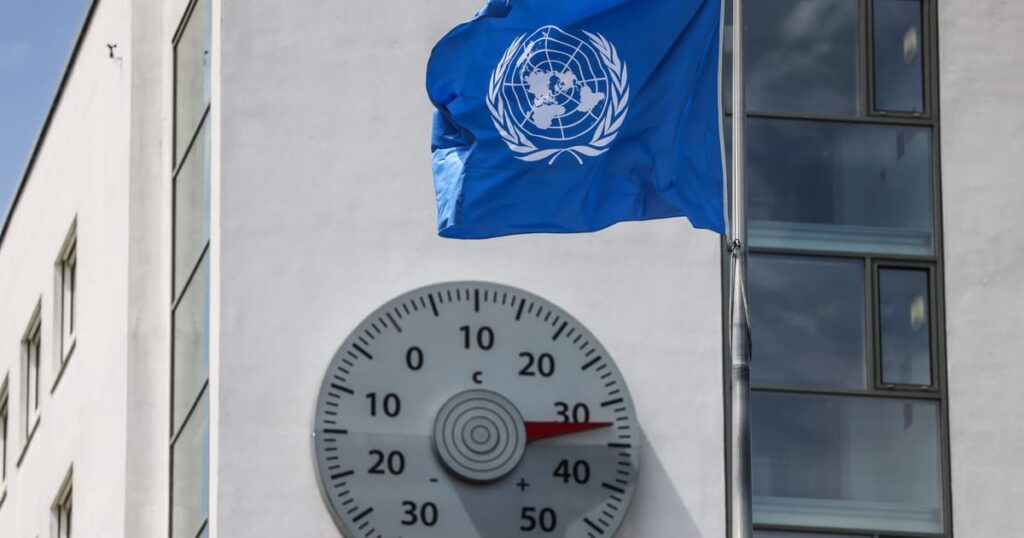
BONN, GERMANY – The absence of the United States at the United Nations climate talks has been met with a mix of regret and relief. As countries gathered in Bonn to lay the groundwork for November’s COP30 summit in Brazil, the notable absence of American representatives has sparked varied responses from global negotiators.
Immediate Impact of U.S. Withdrawal
The absence marks a significant departure from previous years when the U.S. would often align with the European Union on climate issues. “The old U.S. would back up the EU on many issues. But you’ve seen how they now behave in other fora,” stated one European negotiator.
President Donald Trump’s return to the White House in January has seen a renewed focus on dismantling U.S. climate policy, both domestically and internationally. This includes leaving the Paris climate accord for a second time and advocating for increased use of fossil fuels.
Key Details Emerge on U.S. Climate Stance
Unlike during Trump’s first term, the current administration has actively sought to obstruct climate initiatives globally. Efforts include disrupting agreements on shipping pollution reduction and withdrawing from international climate science collaborations.
“This time, in addition to not participating in Paris-related meetings, they seem to be taking a much broader view of what has been targeted, which is essentially everything related to climate,” said Sue Biniaz, the former deputy U.S. climate envoy.
Industry Response to U.S. Absence
Until mid-June, there was concern among diplomats that the U.S. might attend the Bonn talks and attempt to derail proceedings. “The concern was that they would show up and sabotage it,” a Latin American negotiator remarked.
“The general sense is, it’s not that bad they’re not here,” the negotiator added. “For the world, for cutting emissions, it’s of course terrible. For negotiations, it makes things easier.”
Background Context on U.S. Climate Policy
President Trump’s administration has consistently sought to reduce environmental regulations and commitments. The decision to skip the Bonn talks aligns with a broader strategy of prioritizing economic growth over environmental concerns, as seen in recent policy shifts.
Expert Analysis and Future Implications
Experts warn that the absence of a major player like the U.S. could hinder global efforts to combat climate change. However, it may also streamline negotiations by removing a potentially obstructive presence.
The next steps for international climate policy will likely be shaped by how other nations choose to fill the gap left by the U.S. absence. As the world prepares for the COP30 summit, the dynamics of global climate negotiations continue to evolve.
Meanwhile, industry experts caution that the U.S. stance could have long-term implications for international climate agreements and the global push to reduce emissions.
The timing of the U.S. withdrawal is particularly significant as countries look to solidify their commitments ahead of the upcoming summit in Brazil. The absence of American participation may influence the strategies and alliances formed in the lead-up to COP30.





